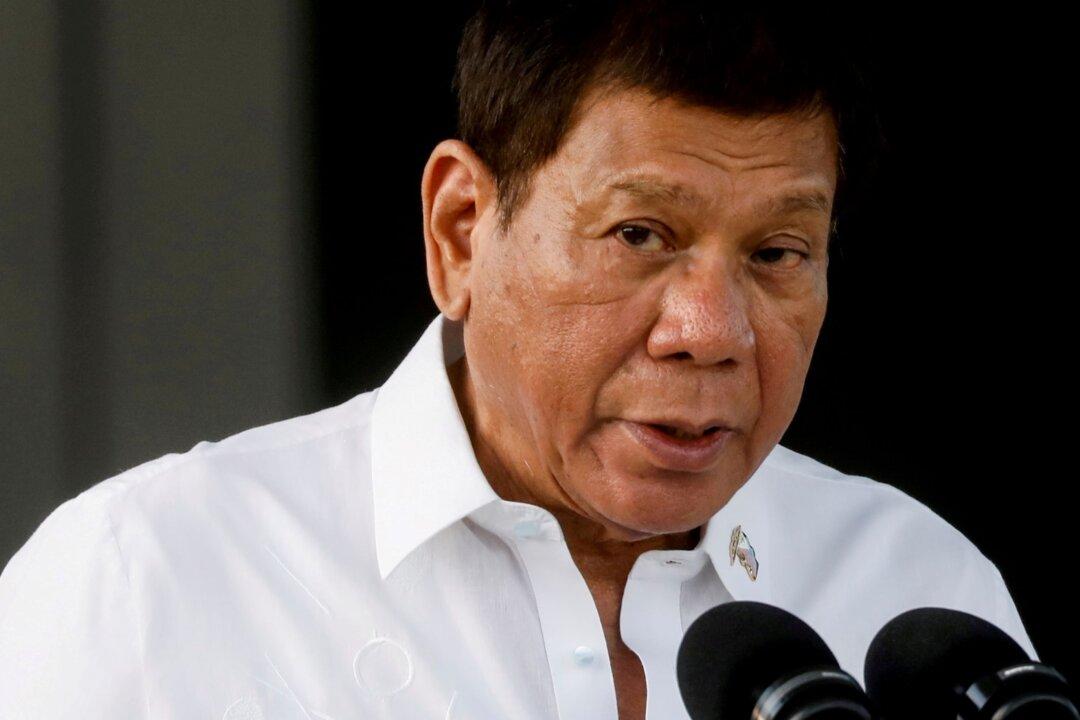Philippine President Rodrigo Duterte vetoed a proposed law on April 15 that seeks to mandate the registration of SIM cards and social media accounts with the users’ legal identities, citing the need for a “more thorough” review of the measure.
The bill, ratified by the Congress of the Philippines in February, would require anyone creating social media accounts to register with their real names and phone numbers, and anyone failing to do so would face a fine of 200,000 Philippine pesos (about $3,832) or a six-year imprisonment.





